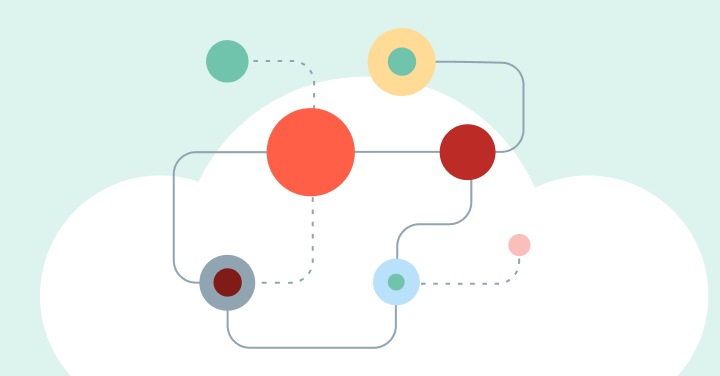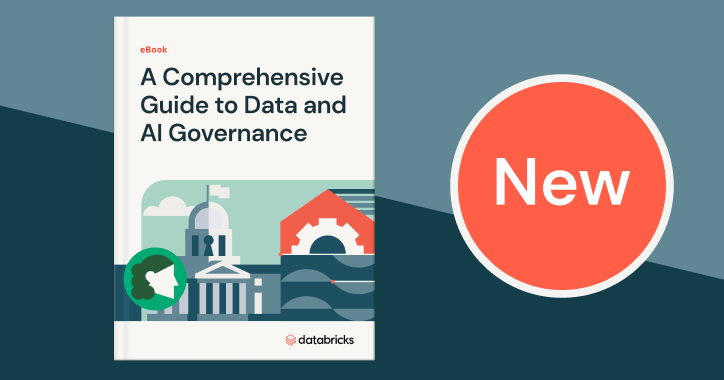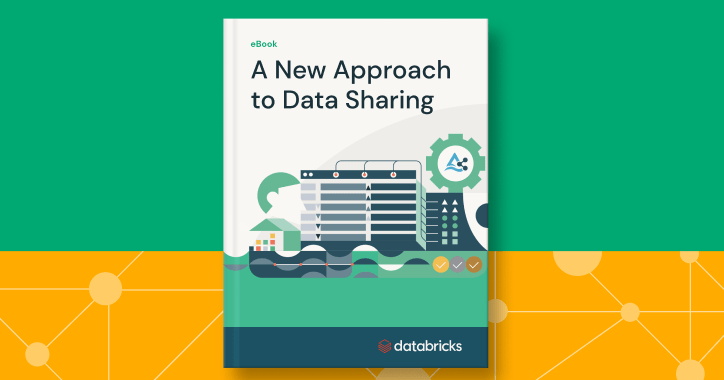Data Marketplace
What is a data marketplace or data market?
Data marketplaces, or data markets, are online stores that enable data sharing and collaboration. They connect data providers and data consumers, offering participants the opportunity to buy and sell data and related services in a secure environment providing data assets of high quality and consistency. Companies may use marketplaces to enhance their datasets, monetize their data, or offer data products and services.
Here’s more to explore

Secure, Open Sharing Unlocks New Value for Your Data
A panel of industry experts shares strategies and best practices for successful data sharing.

A Comprehensive Guide to Data and AI Governance
How to build an effective governance strategy for your lakehouse.

Share data and AI securely
Learn the easiest way to share across platforms.
What are examples of data marketplaces?
Examples of major public data marketplaces include Snowflake Marketplace, AWS Data Exchange and Oracle Data Marketplace. These proprietary marketplaces operate on their own enclosed platforms. This means that while it’s convenient to share data with other users of the same platform, sharing among users of different platforms often comes with higher complexity and costs.
What is the difference between a data marketplace and a data exchange?
Public data marketplaces are accessible to anyone and allow multiple providers and recipients to share data. In contrast, data exchanges are platforms for private data sharing between a single provider and up to several recipients. Other types of private marketplaces include platforms designed for internal data sharing within a company as well as marketplaces where trusted partners can share data.
What is the difference between a data provider and a data consumer?
Within data marketplaces, data is exchanged between providers and consumers. Data providers are looking to share data, data products or data services with users. In most cases, they want to monetize their data assets. Consumers enter data marketplaces seeking data assets that can benefit their business. For example, AccuWeather is a data provider that offers weather data such as historical weather reports and weather forecasts to consumers on public data marketplaces. Data consumers can then use this weather data to apply to their specific business needs such as helping a retail business forecast in-store traffic or seasonal product sales, among other uses.
How does a data marketplace work?
A public data marketplace provides the infrastructure to facilitate data exchange and management while protecting data privacy and security. Data providers use the platform to offer data to consumers, who can research, sample, compare, and buy the third-party data they’re interested in.
What are the benefits of a data marketplace?
Data marketplaces offer a secure environment for efficient data exchange, providing benefits for both data providers and data consumers. Data providers can monetize their data assets, while data consumers gain the advantage of capturing external data that can provide actionable information and insights.
What types of data products can you get on a data marketplace?
Data marketplaces offer a wide variety of information, ranging from market and business research and intelligence to demographic data, marketing and advertising data, scientific data, and more. In the past, many marketplaces only offered datasets and, perhaps, simple applications. Recently, data marketplaces have begun to expand their offerings with more types of data assets, including applications and pre-built solutions.
Databricks Marketplace
Databricks Marketplace is an open data marketplace that enables seamless data sharing and collaboration across clouds, regions and platforms, without vendor lock-in. Data providers and consumers can exchange more than just data, including notebooks, applications, Solution Accelerators and AI models.
Databricks Marketplace helps consumers evaluate data products faster and more efficiently with pre-built notebooks including sample data, and technical materials such as blogs and demos. The marketplace features more than 1,200 listings from more than 150 providers to date, across a range of industries, including financial services, health and life sciences, manufacturing, media and entertainment, retail, and more.
Get started today on Databricks Marketplace.